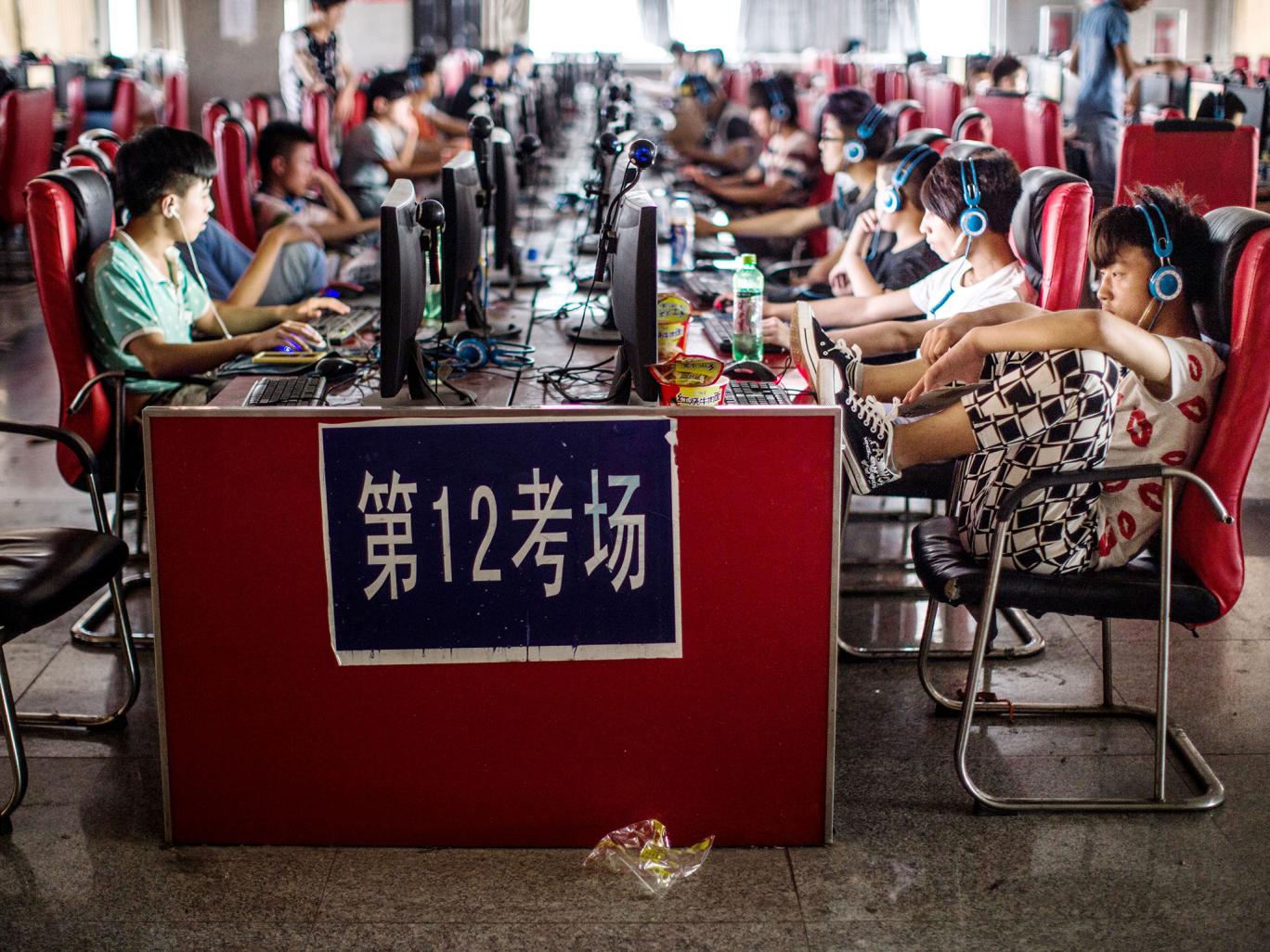China set to ban all foreign media from publishing online
3 min read
Government directive: ‘Sino-foreign joint ventures, Sino-foreign cooperative ventures and foreign business units shall not engage in online publishing services’
.
China is set to ban foreign media companies from publishing any content online without the government’s approval from next month, it has been announced.
A new directive issued by China’s Ministry of Industry and Information Technology has said that companies which have, at least in part, foreign ownership will be stopped from publishing words, pictures, maps, games, animation and sound of an “informational and thoughtful nature” – unless they have approval from the State Administration of Press, Publication, Radio, Film and Television.
This means only companies wholly Chinese owned will be able to publish online, subject to strict self-censorship in line with the government’s views.
The new regulation states: “Sino-foreign joint ventures, Sino-foreign cooperative ventures and foreign business units shall not engage in online publishing services.”
.
It is the communist republic’s latest move to tighten control over what its people can view on the internet and highlights the increasingly restrictive political climate in China, where the leadership has sought to rein in public speech and thought.
Read more
.
China will be struggling again to walk the talk on economic reform
How the end of China’s one-child policy has brought joy and heartbreak
President Xi Jinping admits China can do better on human rights
.
Chinese law has long required internet service providers to hold an operating license that can only be obtained in partnership with a Chinese firm.
The rise of new media – from social media messaging services to streaming television shows – has prompted Chinese censors to introduce new regulations in order for it to police digital and social media as closely as it has traditional media publications.
.
The country’s top internet regulator has repeatedly warned that an untamed cyberspace would pose a risk to domestic security and the government should decide who to allow into “its house”.
“China is still focused more on maintaining the social stability and national security interests when it comes to making policies on the internet industry, while caring less about the commercial and individual interests,” according to Zhang Zhian, director of the school of communication and design at Sun Yat-sen University.
.
Paul Gillis, a visiting professor at Peking University’s Guanghua School of Management who studies Chinese-foreign joint ventures, said China had introduced regulations in recent months that explicitly give authorities censorship powers under the law that they have long had in practice.
“From a practical standpoint it’s not much different,” he said.
“There was tough regulation of anything online before and they shut down anything they thought disrupts social order.
“But a lot of what might have been common practices before are being put into legislation so China can argue it’s operating under the rule of law.”
.
Hardeep_Matharu
.
Additional reporting from the Associated Press




